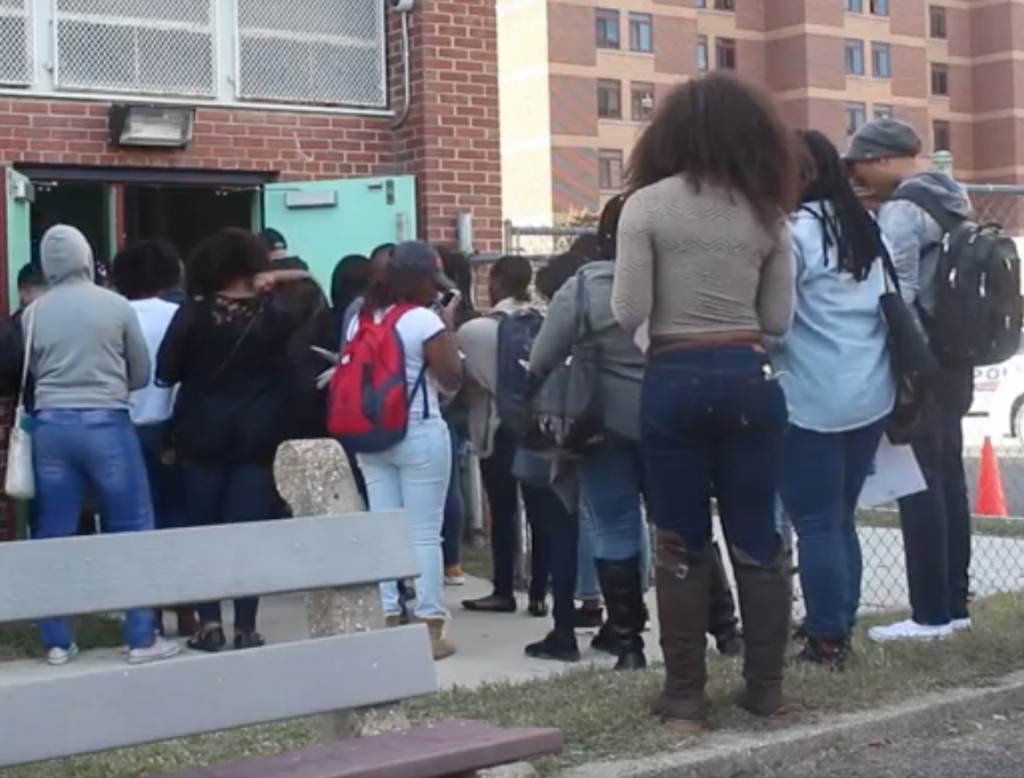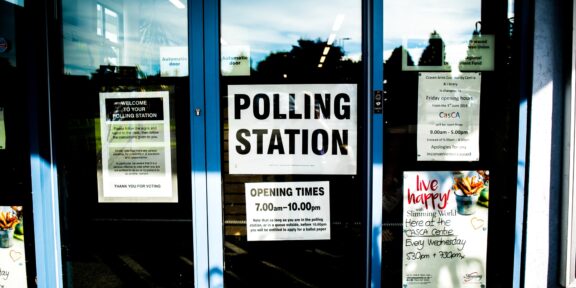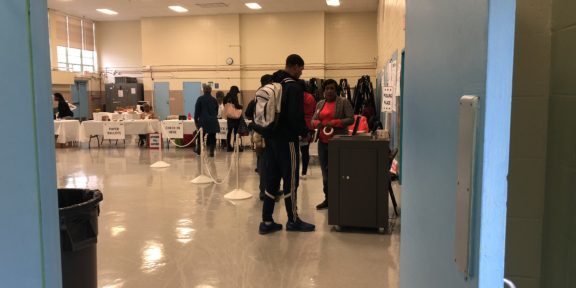The danger of global warming is serious but it is far less immediate than the threat of nuclear war, a risk that can be lessened if grassroots organizations, think tanks, and philanthropists assert their influence, according to panelists at a “Think Outside the Bomb” conference.
“We are more likely to be wiped out by nuclear winter than global warming,” Peter Kuznick, Director of the Nuclear Studies Institute at American University, said Saturday (April 21) to about 40 people in the Abraham S. Kay Spiritual Life Center on the campus of American University. “Global warming is definitely serious but the immediate threat today, tomorrow, five years, 10 years from now is nuclear warfare,” Kuznick said. College students were invited to the all-day conference to learn about how to stop nuclear proliferation. Kuznick, who identified himself with student activism of the 1960s, said the target audience was the younger generation.
“I understand the power of students to organize and change the world,” Kuznick said.
Kelly Villanueva traveled from Roanoke University to participate in the conference. She is 18 years old and is majoring in international relations with a minor in Latin American Studies.
“It was interesting when he [Uday Mohan, director of research at the Nuclear Studies Institute] talked about the Iranians and Russians working together for nuclear proliferation. Venezuela just purchased weaponry from Russia so that of interest to me,” Villanueva said. Villanueva said that the subject of nuclear weapons seemed remote but she said she was inspired by the conference. Villanueva said she plans to spread the word about non-proliferation and get involved with the advocacy of world peace.
Deepti Choubey, deputy director of the Nonproliferation Program of the Carnegie Endowment for International Peace, said people inside and outside of government can work to stop the spread of nuclear weapons. “You actually have more attitude and creativity working outside of government than inside the government. There is a greater opportunity to be more collaborative,” Choubey said.
Effective action against nuclear proliferation requires support from independent policy research analysis organizations, grassroots organizations that localize national security issues and private philanthropy.
“All of these organizations work together to have an impact. Sometimes they can push the ball down the field in a way that could not otherwise be done,” Choubey said. “It’s up to us to think about how we reframe what nuclear proliferation means to us as Americans and the rest of the world.”




